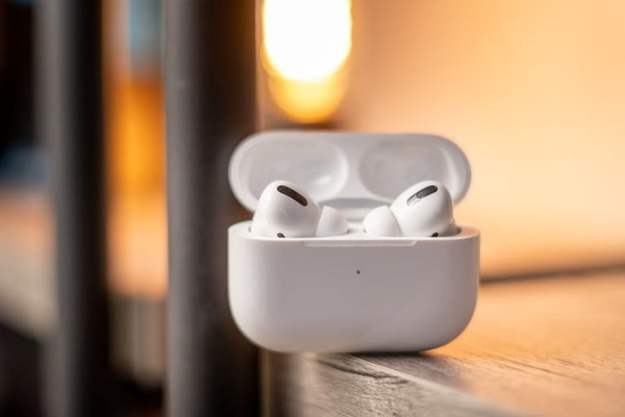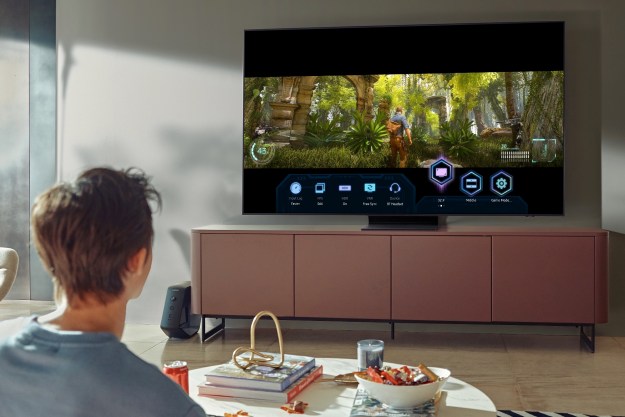
The Federal Communications Commission just handed down new regulation designed to protect small, independent networks, and cable providers are getting seriously riled up. The FCC’s “standstill order” states that cable providers can’t pull networks off the air during contract disputes.
The ruling aims to smooth out finicky contract system in cable. In essence, every cable provider has to make a deal for every channel they provide. However, certain channels come in massive bundles and others are simply on their own. During a carriage dispute, in which either side isn’t happy with the current terms of the contract, cable companies were previously able to drop networks from their services as a bit of leverage.
But a cable provider was less likely to drop a big package during a dispute because they’d rather not have a large chunk of their available channels go blank. If a single, independent network had a problem, cable providers could remove the network from their lineup without as much of an effect. Even more irksome to providers, networks can now attempt to convince the FCC that they are being unduly discriminated in not being carried, and the FCC can mandate that they be given carriage. The FCC says its regulation helps level the playing for networks without major distribution deals.
The reaction from the provider industry was unilaterally displeased. Michael Powell, a former FCC chief that now heads the NCTA, the cable industry’s lobbying group, told the LA Times the FCC’s moves show a “disturbing lack of appreciation of the potential impact of government intervention on consumers or the marketplace.” Comcast, the biggest provider in the nation, told the paper the regulation is “not justified by any record and will result in additional regulatory burdens.”
But consumer advocacy group are praising the changes, saying they are one step towards breaking the grip that the few massive distributors and providers have on the market. It’s too soon to tell if the new rules give providers an excuse to hike rates or if they lead to a new cable utopia for consumers, but the next time an indie network decides it’s unhappy with its contract, it won’t have to worry about getting taken off the air.


